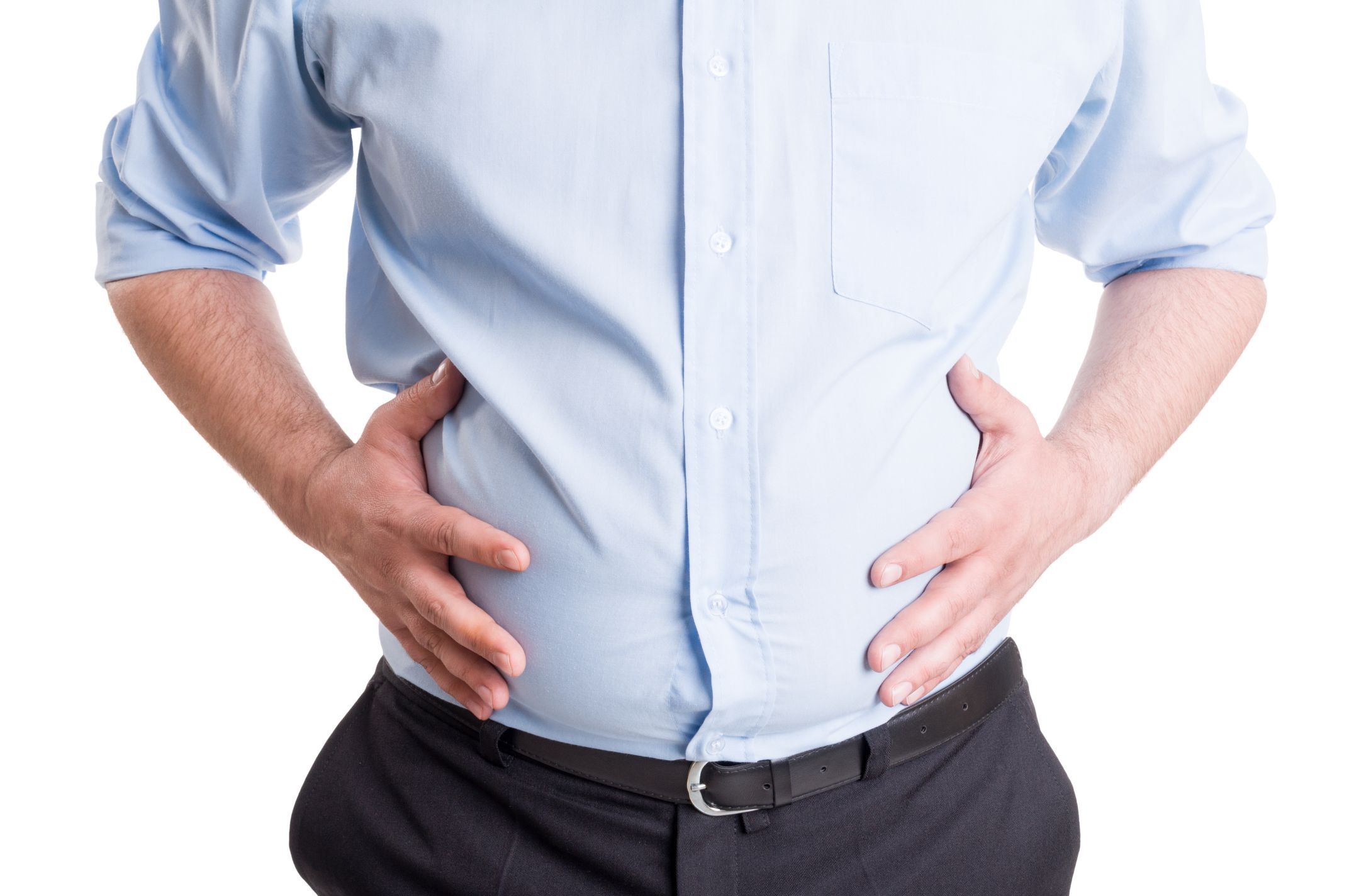Do you frequently experience discomfort due to bloating after meals? While this feeling may be common, it doesn't have to be a normal part of your daily life. Bloating is often caused by simple lifestyle factors that can be addressed with a few changes to your diet and routine. In this blog, we'll dive into the top 5 causes of bloating and provide actionable tips to help you reduce bloating and improve your overall digestive health.
So what is bloating?
Bloating is a feeling of fullness or tightness in the stomach or abdomen. It can be accompanied by discomfort, pain, or even visible swelling. Bloating is a common digestive problem and can be caused by a variety of factors, including diet, lifestyle, and underlying medical conditions.
What’s causing me to bloat?
There are many causes of bloating, some of which include:
- Poor eating habits: Eating too quickly, overeating, and consuming fatty or processed foods can all be a cause of bloating.
- Constipation: When stool builds up in the colon, it can cause the abdomen to swell up and become bloated.
- Food intolerances: Certain foods, such as dairy or gluten, can cause digestive discomfort and bloating in people who are intolerant or sensitive to them.
- Gas production: Certain foods, such as beans, lentils, and cruciferous vegetables, can produce gas in the digestive tract, leading to bloating.
- Digestive disorders: Conditions like Irritable Bowel Syndrome (IBS), Inflammatory Bowel Disease (IBD), and gastroesophageal reflux disease (GERD) can also cause bloating as a major symptom.
How to Prevent Bloating
Bloating can be a pain, both physically and mentally. But the good news is that it can be addressed with some simple bloating remedies. These include eating slowly and chewing your food thoroughly, avoiding carbonated drinks and alcohol, and eating a diet rich in fibre. Additionally, certain herbal teas and supplements like ginger and peppermint may also help to reduce bloating.
Remember, bloating remedies are not one-size-fits-all. What works for one person may not work for another, so it's important to try different remedies and see what works best for you.
When to See a Doctor
While bloating is often a harmless condition, it can sometimes be a symptom of a more serious underlying medical condition. If you experience persistent or severe bloating, along with other symptoms like abdominal pain, diarrhoea, or constipation, it's important that you seek out a doctor and consult them.
The Takeaway
Despite being uncomfortable, bloating is often preventable. Simple lifestyle changes like eating slowly and avoiding trigger foods can help reduce your chances of experiencing bloating.
Remember, if you experience persistent or severe bloating, it's important to speak to your doctor to rule out any underlying medical conditions.
